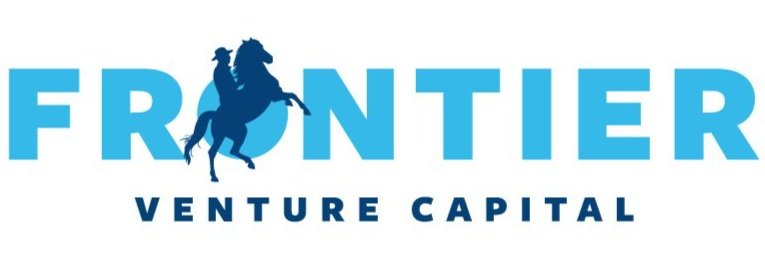Theme Focus: Curated IP Generation
/By David Cremin (Originally posted July, 2014)
Comic books? Seriously? That’s a good business? Well, yes, and, well, yes! It can be. My Frontier co-founder and awesomely literary partner Scott Lenet grew up reading comics and graphic novels (which are longer comprehensive collections of comic books). He also majored in comparative literature at Princeton, so don’t judge too quickly on what may seem like idle time reading silly comics. BTW, when I say comics, some immediately think of Archie and Superman. But there are a LOT of comic books, which actually tell great stories about compelling characters, not just about superheroes and generic teenagers. Such great stories make valuable intellectual property (“IP”).
We all know IP can come in many forms. Technology companies patent their code or hardware, and this is their IP. Hollywood has IP. Companies like Sony, Fox and Universal own lots of great movie titles, and exploit these titles across media globally. At Frontier, we believe that we should be backing founders with transformative IP. But since we believe IP can include not only technology companies, but also certain types of content, we are open to expertly curated content generation companies, which drive an engine to create valuable content portfolios.
I bet you didn’t know that when you went to see the blood spattering, action-packed movie 300, that you were seeing a movie adapted from a graphic novel? I bet when you enjoyed Angelina Jolie in Wanted, that you were seeing a movie adapted from a graphic novel. How about Walking Dead, on TV? Yup, graphic novel. Blade Runner. Heck, why not Harry Potter or Twilight? A great story is a great story. [Is there a game example?]
At Frontier, we invested in a company called Boom Entertainment, because we were intrigued by their stories, their writers and their artists. We also realized that Boom was having great conversations with the creative folks in Hollywood. The founder had a history in comic book publishing, but also understood the production of movies and television. We liked that the team drove a fiscally sound book publishing business, but that this success provided the company with lots of shots on goal to translate its IP into other, potentially more valuable media. Recently, the company’s first translation from a comic book to a movie, Two Guns, starred Mark Wahlberg and Denzel Washington and was an important creative and financial success.
Another portfolio company, Seismic Games, was founded by video game industry veterans Greg Borrud and Giz Gewirtz. Mobile and virtual reality are driving new gaming experiences, and the founders were busy assembling the best engineering teams to build games on a contract basis. But these teams were nimble, and the company is also building its own games at the same time. Like Boom, the company had a fiscally sound game development business, giving it time to be creative with some of its own innovative IP. If you are at Disneyland, and you choose to check out the Millennium Falcon, the experience was created by Seismic Games.
We’re continuing to seek new companies that have a unique engine for valuable IP creation and long term value like Boom Entertainment and Seismic Games.

